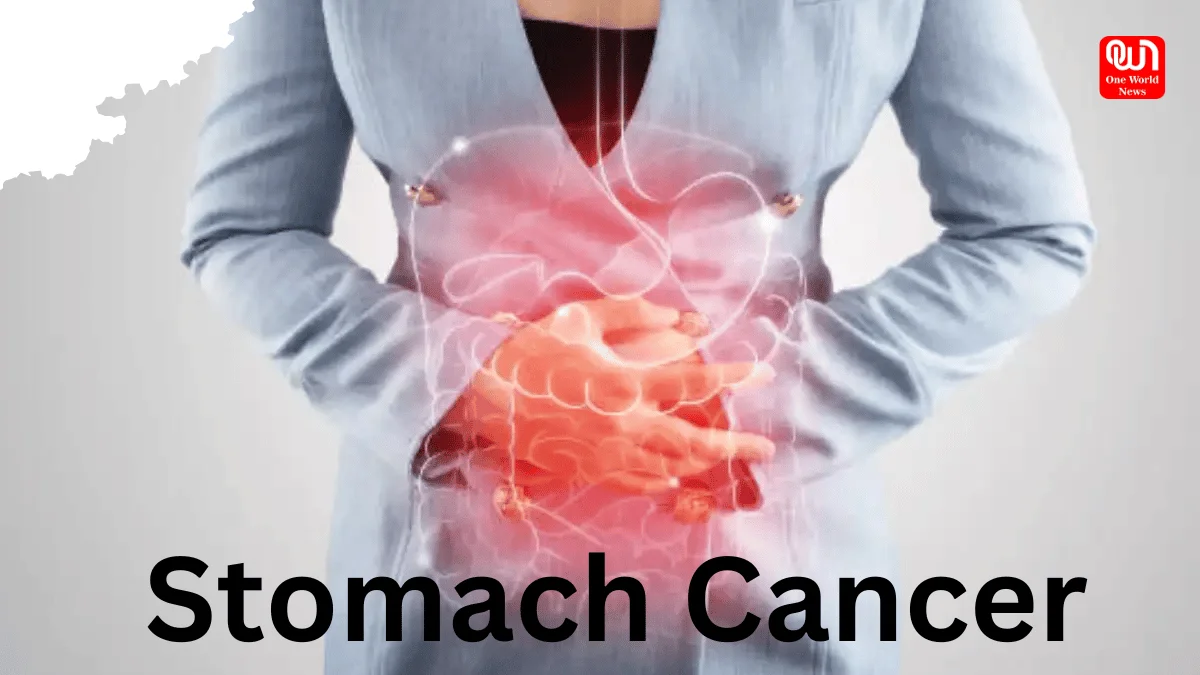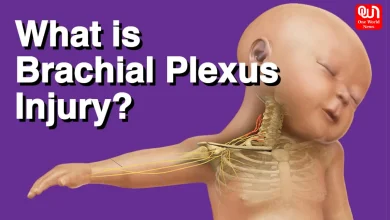5 Early Signs and Symptoms of Stomach Cancer You Should Know About
Learn about the early signs of stomach cancer: persistent indigestion, unexplained weight loss, feeling full quickly, nausea and vomiting, and chronic abdominal pain. Early detection is key.
Recognizing the Early Signs and Symptoms of Stomach Cancer: What You Need to Know for Early Detection and Prevention
Cancer of stomach or gastric cancer, which is one of the most common types of cancer, may not present symptoms in the early stages. The knowledge of the signs and symptoms can help identify the illness at early stages, which, in turn, increases the probability of healing. Here are five early warning signs and symptoms of stomach cancer you should be aware of:
Read more: Health Benefits of Eating Ginger in Morning
Persistent Indigestion: You may also suffer from Indigestion, also known as dyspepsia and this is most often a functional disorder with no serious pathology. However, if it turns into chronic and does not respond to basic medication, including heating pads or changes in diet, then it may signify stomach cancer. This indigestion may also be associated with a feeling of dizziness or a burning pain in the upper part of the abdomen.
Unexplained Weight Loss: It is also important to understand that despite several cause of regularly varying weights, trying to lose weight without consciously attempting to do so is a sign of stomach cancer among other illnesses. If the weight loss is drastic within a short time or if there has been a change in the dieting or exercising program, then one must seek the assistance of a doctor.
Feeling Full Quickly: One of the disease symptoms may also include early satiety, which means that a patient feels full even after eating a small portion of food. This is a situation that comes with tumor enlargement and consequently occupying much space in the stomach hence reducing the stomach space. This symptom will cause patients to take less food and will eventually result to malnutrition.
Nausea and Vomiting: Vomiting may also be commonly experienced due to many conditions affecting the gastrointestinal tract; nevertheless, if nausea and vomiting intensify or become chronic, then the patient might be suffering from stomach cancer. In some special circumstances, the emesis may contain blood, and this is one of the dangerous symptoms that should be reported to the physician.
Read more: Try 5 Yoga Asanas Regularly To Increase Your Concentration And Brain Power
Abdominal Pain and Discomfort: Patients suffering from stomach cancer also have a tendency to present with complaints of non-specific upper abdominal pain or discomfort which may be present for many years before the diagnosis of the disease is made. This ache can be unclear and keep on, and it may get worse after meals. Folks might also have bloating and gas that just doesn’t clear up.
We’re now on WhatsApp. Click to join.
End thought:
Catching stomach cancer early can greatly help in treating it. If you or someone you know keeps having these signs, it’s key to get help from a doctor. Even though these signs might point to less grave issues, it’s vital to check if stomach cancer is the cause to stay in good health. Regular doctor visits and quick action when noticing new body changes can help spot cancer soon.
Like this post?
Register at One World News to never miss out on videos, celeb interviews, and best reads.








